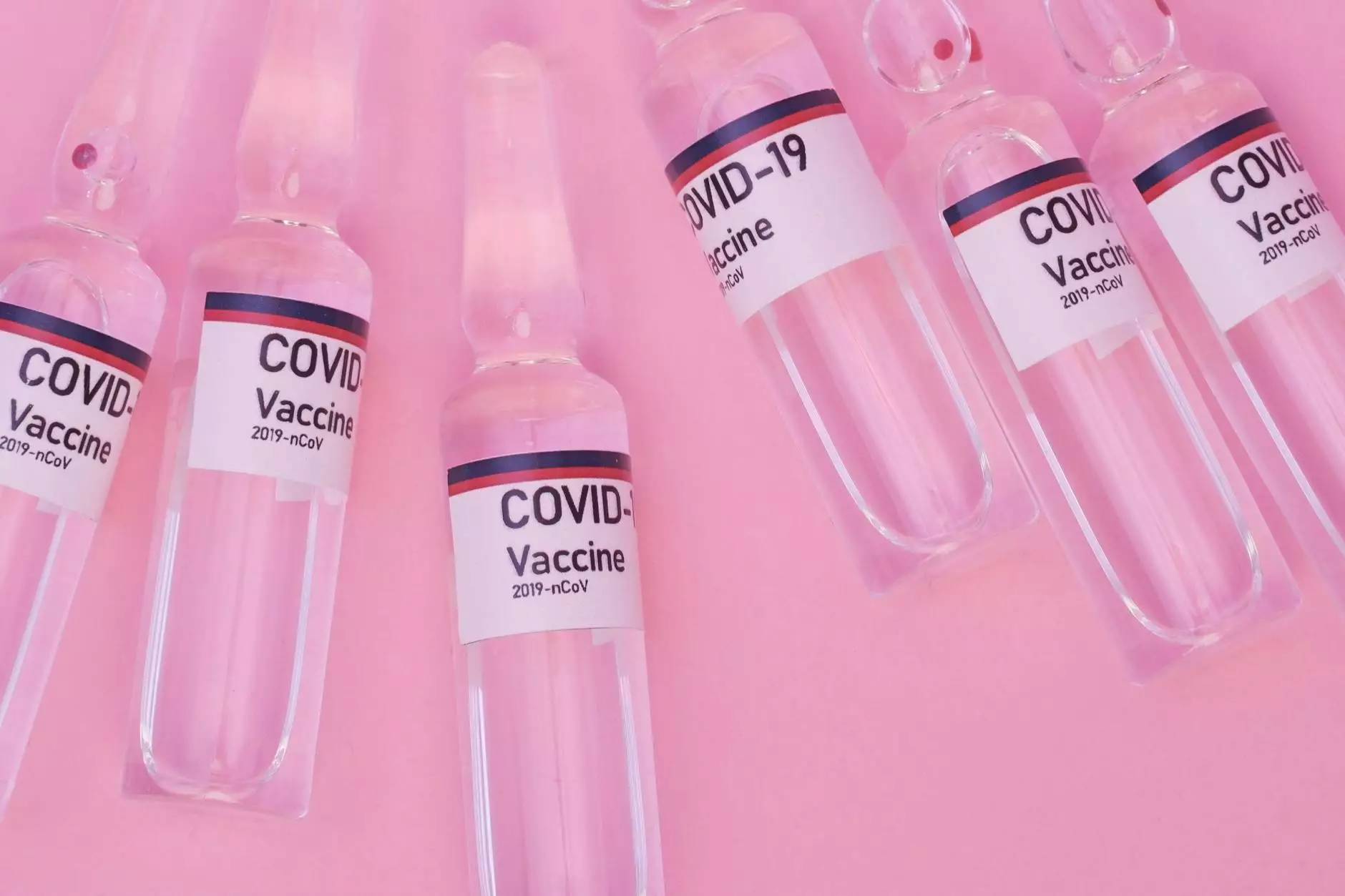Understanding Blood Clots in Thigh Pain

The human body is a complex machine, and sometimes issues can arise that cause significant discomfort and concern. One such issue is a blood clot in the thigh, which can lead to severe pain and potential complications. In this article, we will delve deeply into the subject of blood clots, specifically focusing on the symptoms, causes, and treatment options available through expert care at Truffles Vein Specialists.
What is a Blood Clot?
A blood clot is a mass of blood that has changed from a liquid to a gel-like state. Clots can form when your body tries to stop bleeding, but sometimes, they form without an injury, and this can lead to serious health issues. Blood clots can occur in various parts of the body, including the thighs.
Understanding Thigh Pain Related to Blood Clots
When a blood clot forms in the thigh, it can lead to a condition known as Deep Vein Thrombosis (DVT). The pain associated with DVT in the thigh can be debilitating and is often accompanied by swelling and tenderness. Thousands of individuals experience this condition, and recognizing the symptoms early can be crucial in preventing more severe complications.
Symptoms of Blood Clot in Thigh Pain
The symptoms of a blood clot in the thigh can vary greatly among individuals. Common symptoms include:
- Swelling: One of the most noticeable signs is swelling in the affected leg, often making it appear larger than the other leg.
- Pain: This can range from a mild ache to severe pain, often described as a cramping sensation.
- Redness or discoloration: The skin over the clot may appear red or have a bluish tint.
- Warmth: The area around the clot may feel warmer than surrounding areas.
Complications Associated with Blood Clots
If left untreated, a blood clot in the thigh can lead to serious complications such as a pulmonary embolism. This occurs when a clot breaks loose and travels to the lungs, potentially causing severe respiratory issues or death. Recognizing the symptoms early can be life-saving.
Causes of Blood Clots in the Thigh
Understanding the causes of blood clots in the thigh is imperative for prevention and management. Some common risk factors include:
- Prolonged immobility: Sitting for long periods, such as on long flights or during long car rides, can increase the risk.
- Injury: Trauma to the leg, especially to the veins, can trigger clot formation.
- Medical conditions: Conditions such as cancer, heart disease, and certain genetic disorders can predispose individuals to clots.
- Hormonal changes: Use of birth control pills or hormonal replacement therapy can increase the risk of formation.
- Age: Being over 60 increases the risk of developing clots.
How is a Blood Clot Diagnosed?
Prompt diagnosis of a blood clot in the thigh is critical for effective management. Various methods are employed including:
- Physical examination: A healthcare professional will assess symptoms and medical history.
- Ultrasound: This non-invasive imaging technique is commonly used to detect clots.
- D-dimer test: A blood test that can help rule out the presence of inappropriate blood clotting.
- Venography: An X-ray test where a contrast dye is injected into a large vein to check for clots.
Treatment Options for Blood Clots in the Thigh
Once a blood clot in the thigh is diagnosed, treatment options vary based on severity and can include:
Anticoagulants
Often called blood thinners, these medications help prevent existing clots from growing and new clots from forming. Common anticoagulants include:
- Warfarin: An oral anticoagulant that requires regular blood monitoring.
- Direct oral anticoagulants (DOACs): These include rivaroxaban and apixaban, which are easier to manage and have fewer dietary restrictions.
Thrombolytics
In more severe cases, thrombolytics may be employed. These are drugs specifically designed to dissolve clots rapidly. However, they come with a higher risk of bleeding, so they are typically reserved for life-threatening situations.
Compression Therapy
The use of compression stockings can help manage symptoms and prevent further complications. These stockings promote blood flow and decrease swelling.
Invasive Procedures
In some cases, procedures such as thrombectomy to remove the clot or venous filters to prevent clots from traveling to the lungs may be necessary. Truffles Vein Specialists are equipped with advanced techniques and technologies to provide these interventions safely.
Prevention of Blood Clots
Preventing blood clots in the thigh is essential, especially for those at higher risk. Here are effective strategies:
- Stay active: Regular exercise promotes healthy blood circulation and reduces the risk of clots.
- Hydrate: By maintaining adequate hydration, you can help keep your blood from becoming too thick.
- Avoid long periods of immobility: If sitting for long durations, take breaks to stretch and move around.
- Wear compression stockings: These can be particularly beneficial during long flights or car rides.
When to Seek Medical Attention
If you experience symptoms indicative of a blood clot in the thigh, it is crucial to seek medical attention immediately. Early intervention can significantly alter the outcome and reduce the risk of complications.
Truffles Vein Specialists: Your Partner in Vascular Health
At Truffles Vein Specialists, we understand the impact that blood clots can have on your life. Our team of experienced professionals specializes in vascular medicine, ensuring you receive the highest quality care tailored to your individual needs. With state-of-the-art diagnostic tools and treatment options, we are committed to helping you regain your health and peace of mind.
Contact Us Today
If you suspect you have a blood clot or are experiencing thigh pain, don’t hesitate to contact Truffles Vein Specialists to schedule a consultation. Early diagnosis and management can prevent serious complications and improve your overall quality of life.
Conclusion
Having a blood clot in the thigh is a serious medical condition that requires immediate attention. Understanding the symptoms, causes, and treatment options is key to managing your health effectively. Truffles Vein Specialists are here to guide you on your path to recovery. Don't wait until it's too late; be proactive about your vascular health!
© 2023 Truffles Vein Specialists. All rights reserved.









